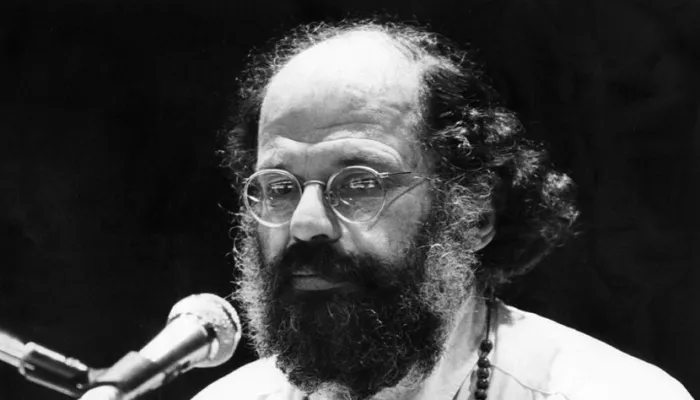Gwen Benaway
Biography
Gwen Benaway is a trans girl. She has published four collections of poetry, Ceremonies for the Dead, Passage, Holy Wild, and day/break. She was the editor for an anthology of fantasy short stories, Maiden Mother and Crone: Fantastical Trans Femmes. Her writing has been critically acclaimed and widely published in Canada. She was a finalist for the Dayne Ogilvie Prize for LGBTQ Emerging Writers from the Writer’s Trust of Canada, and her third poetry collection, Holy Wild, was longlisted for the Pat Lowther Award, a finalist for the Lambda Literary Award for Trans Poetry, the Trillium Award, the Triangle Publishing Press Trans and Gender Variant Literary Award, and was the winner of the 2019 Governor General Literary Award for Poetry. Her essay, A Body Like A Home, won the Gold Prize from the National Magazine Awards for Personal Journalism. She is also currently editing a book of creative non-fiction, trans girl in love, forthcoming from Strange Light in 2020. She lives in Toronto, Ontario and is a Ph.D student at the University of Toronto in the Women and Gender Studies Institute.
Micro-interview
I fell in love with poetry in high school. For me, it was the work of the World War poets, like Wilfrid Owen and Siegfried Sasson, which captured me first. Later on, I discovered Anne Sexton and her poem, "The Truth the Dead Know". Confessional poetry became my focus as well as works from Indigenous writers Marilyn Dumont and Gregory Scofield.
I started writing poetry when I won a remembrance day poetry contest that the local legion held. That was the first time I realized that I could write. From there on, I kept writing and eventually became a professional poet. I don't think that I've thought of myself as a poet. Even after four collections of poetry, I still consider myself as a begininer in poetry. To be a poet seems so far removed from what is considered possible for someone like me. There are very few trans women who are published poets and while there are more Indigenous poets, I still think of poetry as an art form outside of myself. In that sense, the impossiblity of being a poet because of who I am, I haven't worried much about being one. Rather than being a poet, I guess I've simply worked within poetics as a way of existing in the world.
I don't think a poet has a job. Perhaps there is a claim here to poetry as a form of interogration of society, poetry as witness, but I find that description hollow. For me, a poet is simply someone who is in love with language and within that loving, finds a joy in being with language and making the body of a poem. When we expect too much of poetry or assume that poetry does something, I think we forget to allow poetry to be pleasurable within itself. So the job of a poet is to not be a poet, in so much as being a poet gets in the way of poetry.
“Trillium” is about finding meaning in the smallest of spaces. I have a strong memory of seeing hundreds of trillium flowers blossom in the bush one spring and since then, I've always seen them a symbol of hope, renewal, and possiblity.
I couldn't choose one poem! I think poetry changes depending on what is going on in my life, so every time I come to a poem, it's a new encounter. I think poetry is what you need it to be. One poem might work for one moment in your life but you will outgrow it or find it's meanings have changed for you over time.


